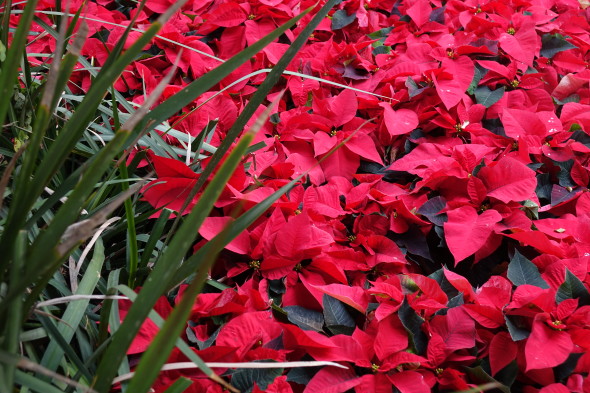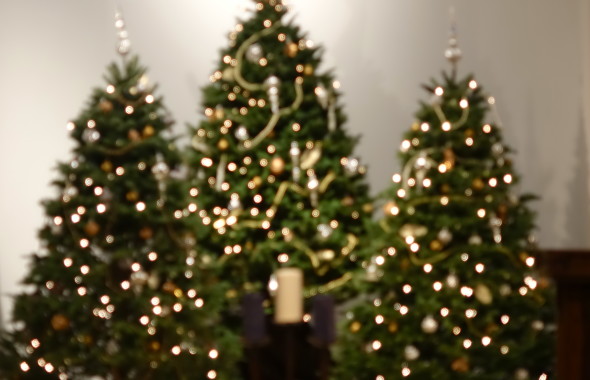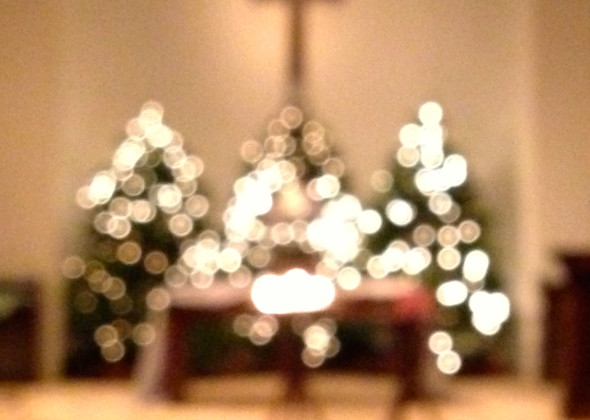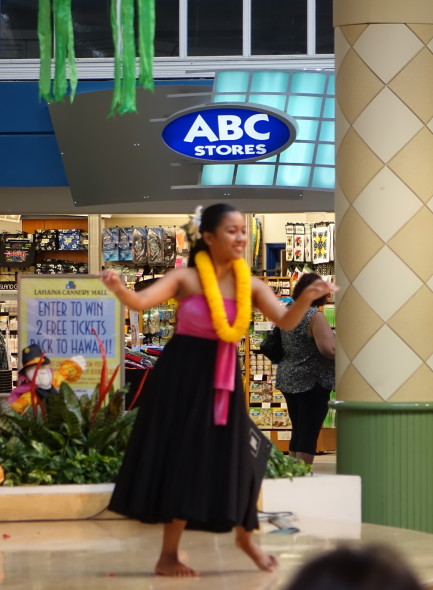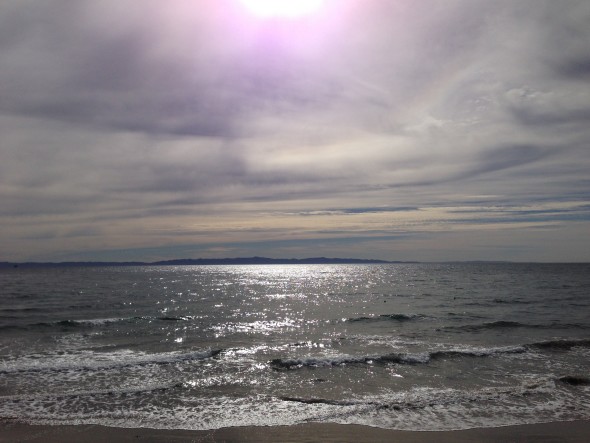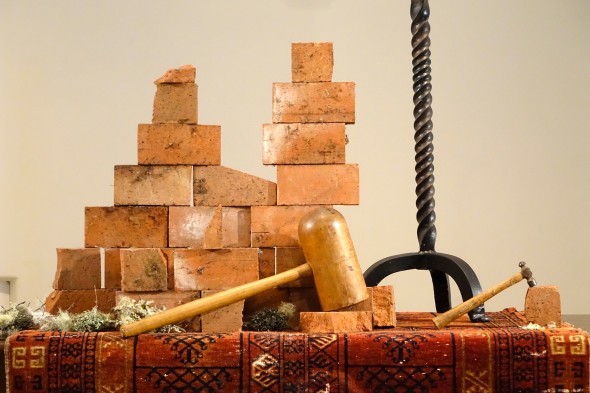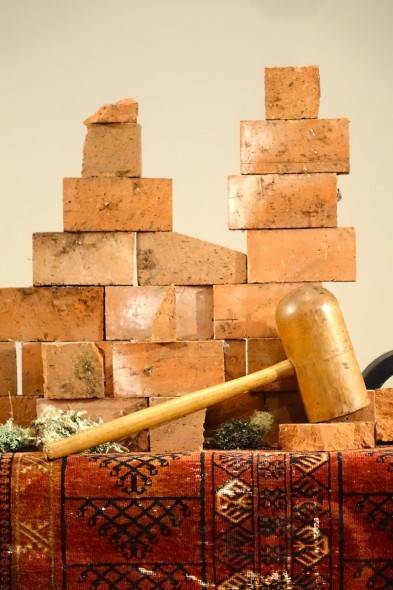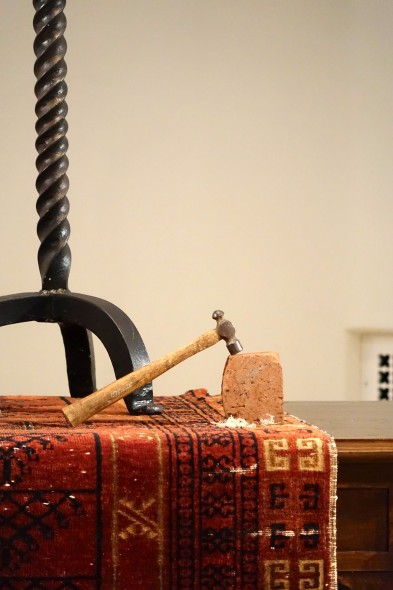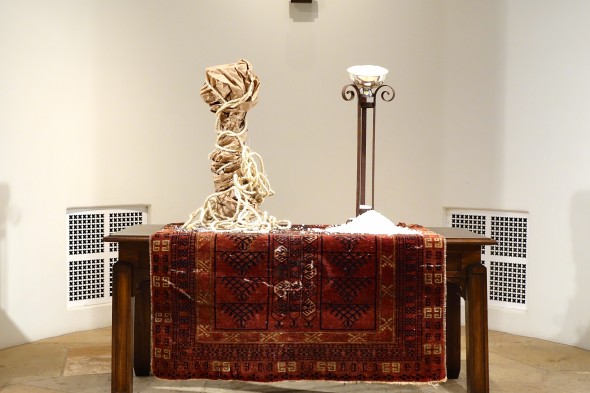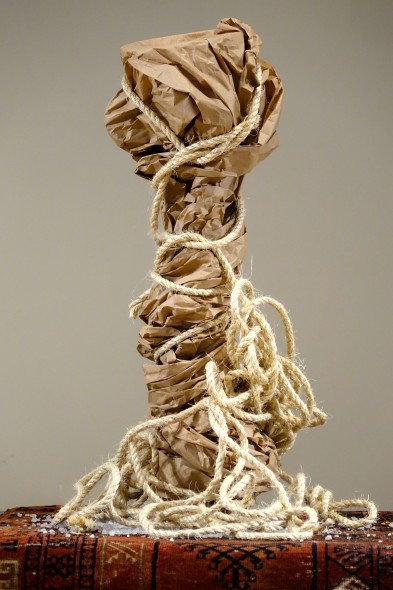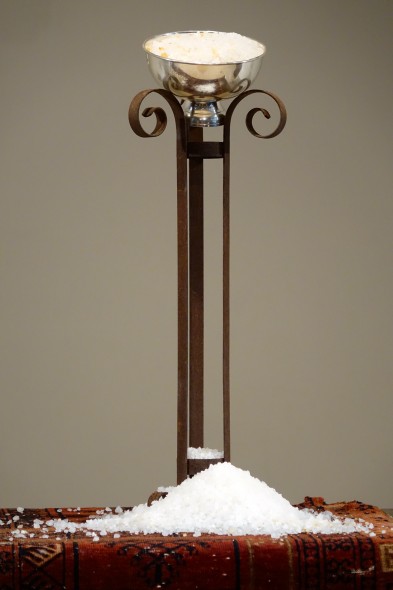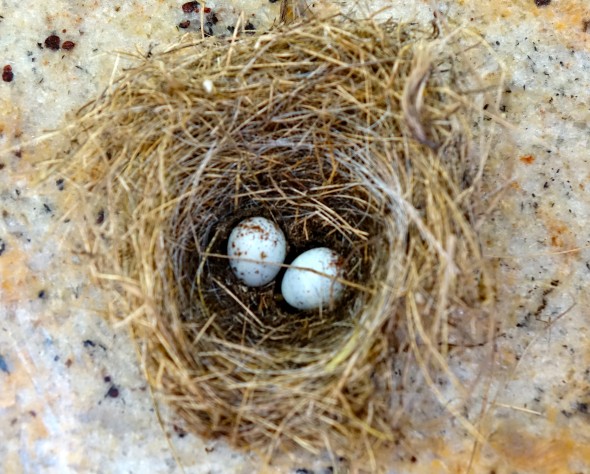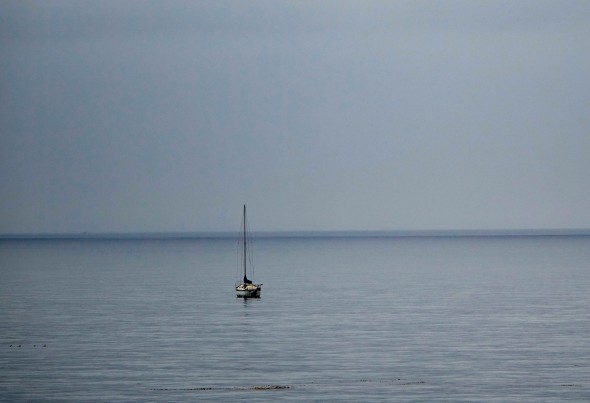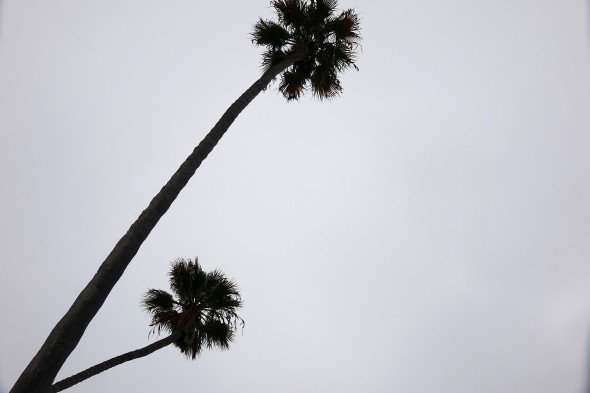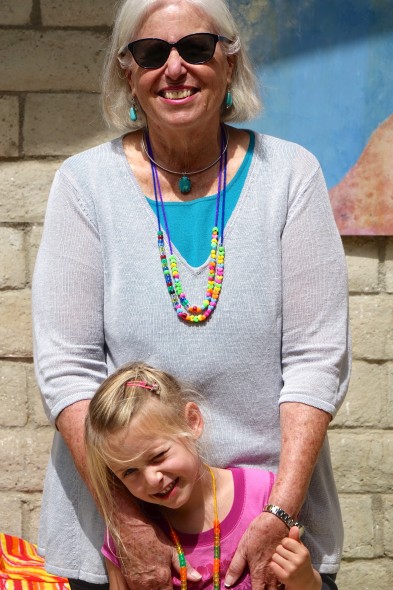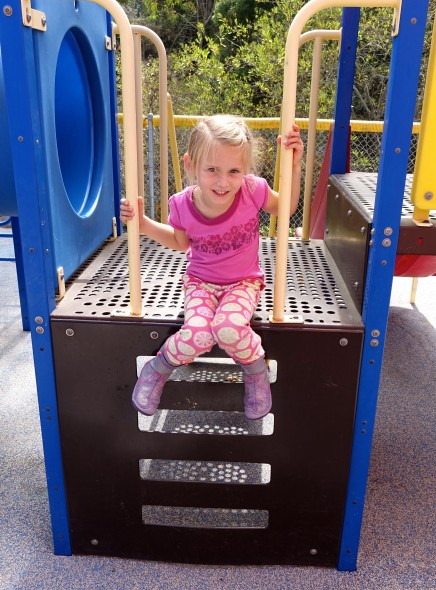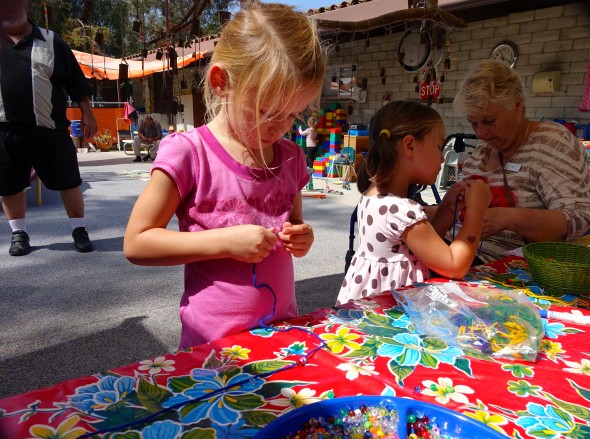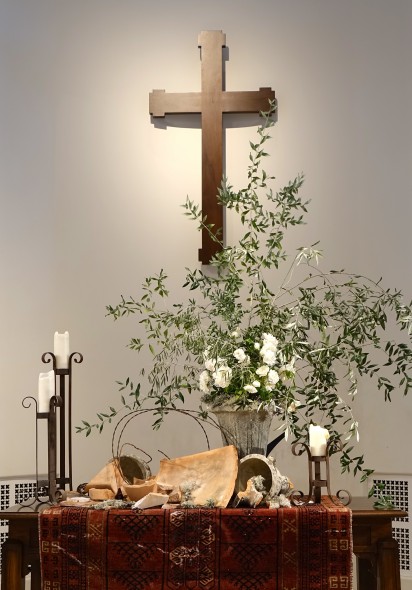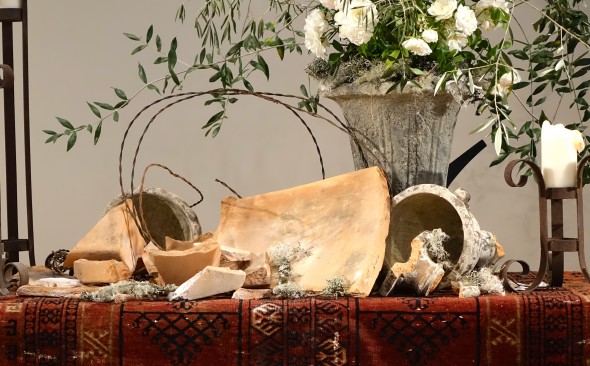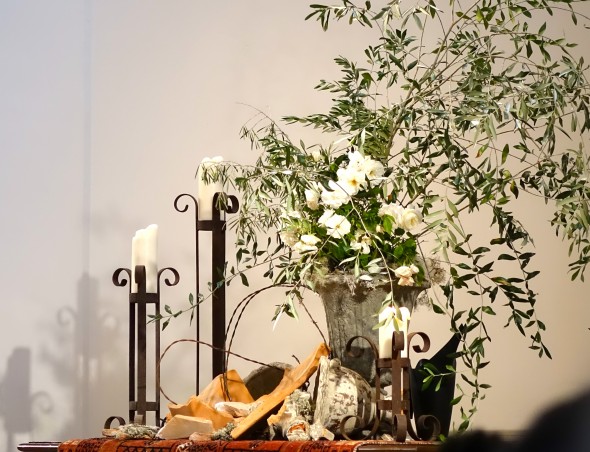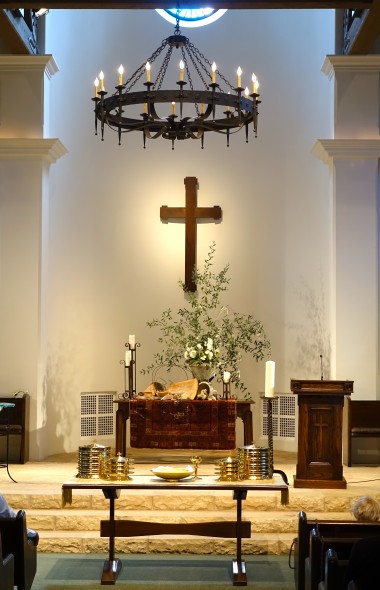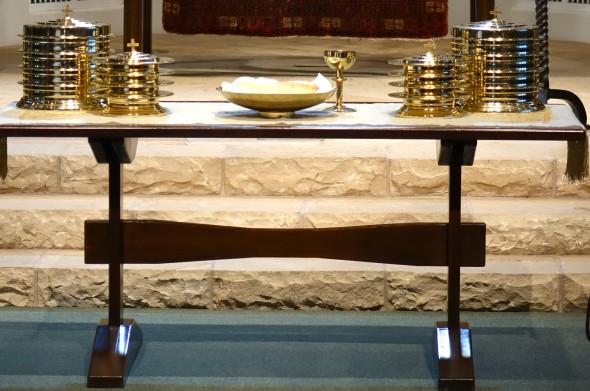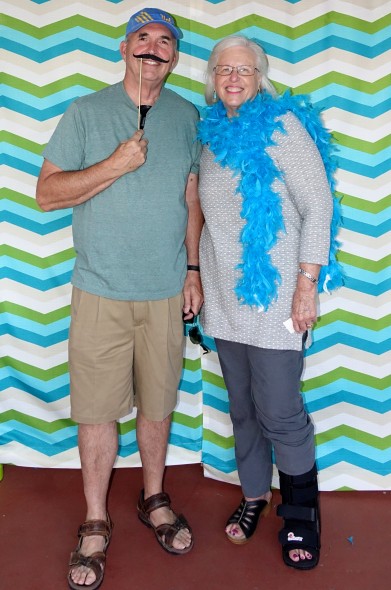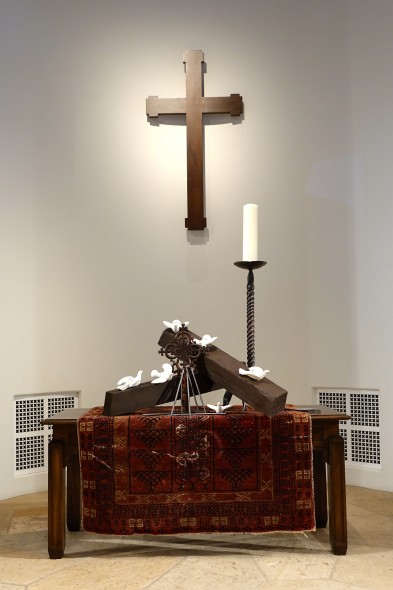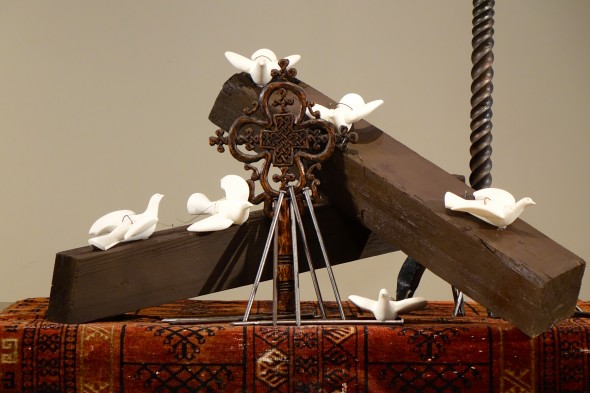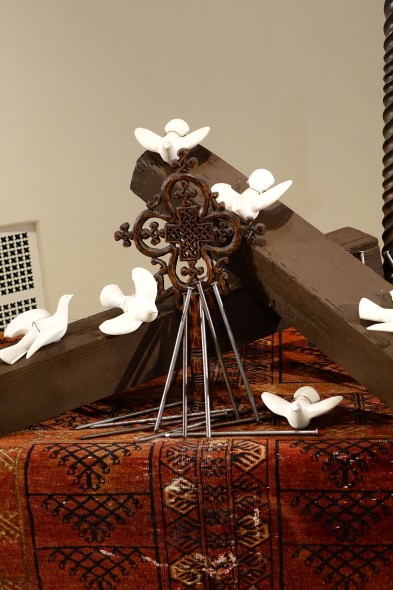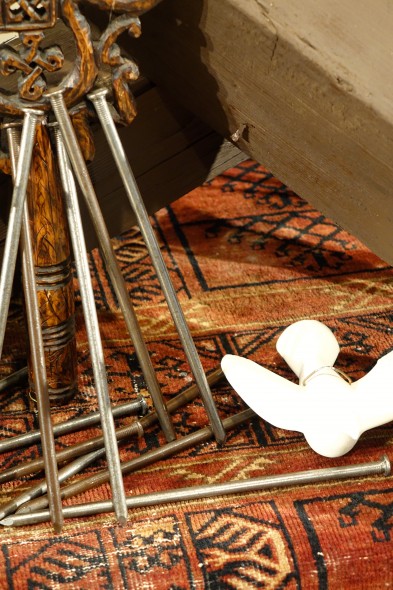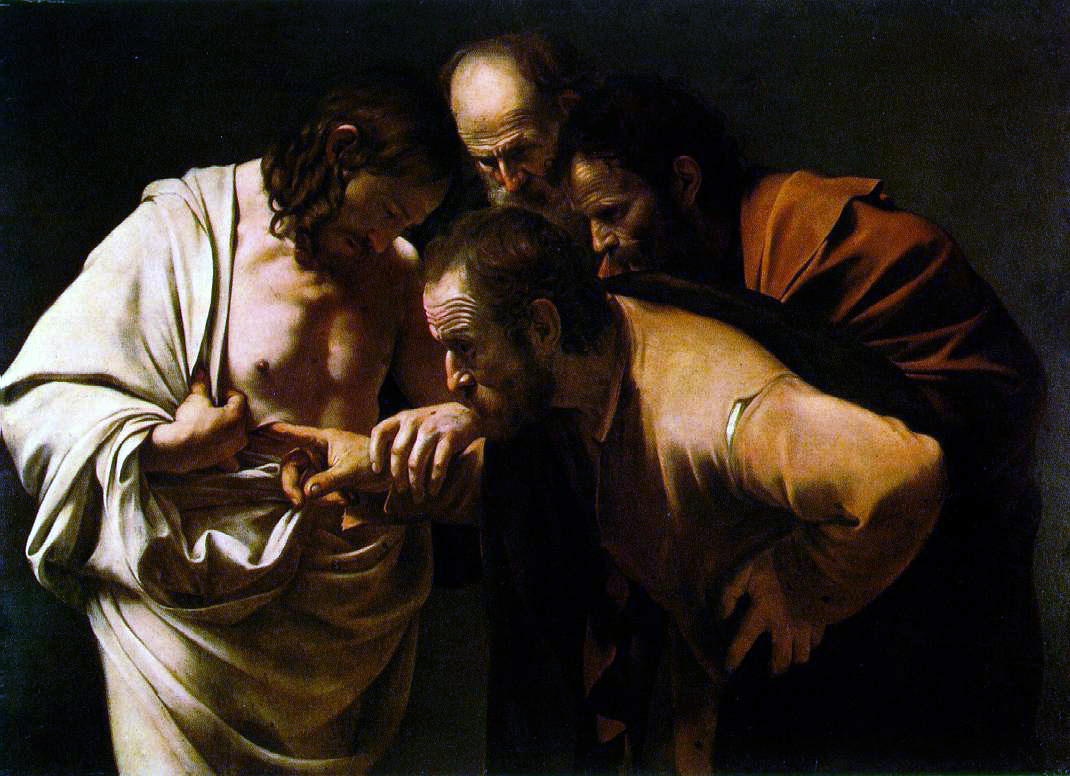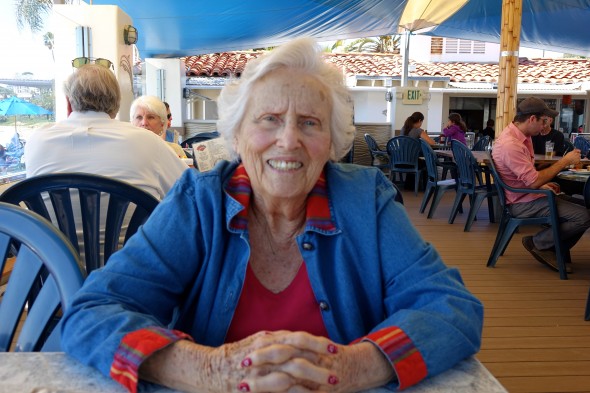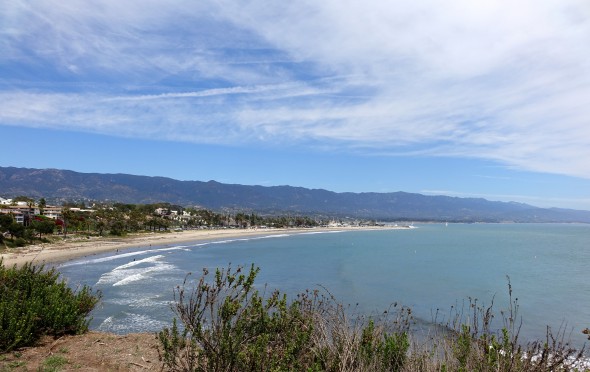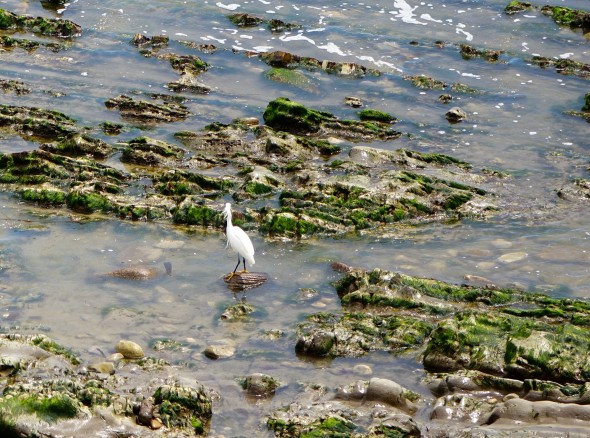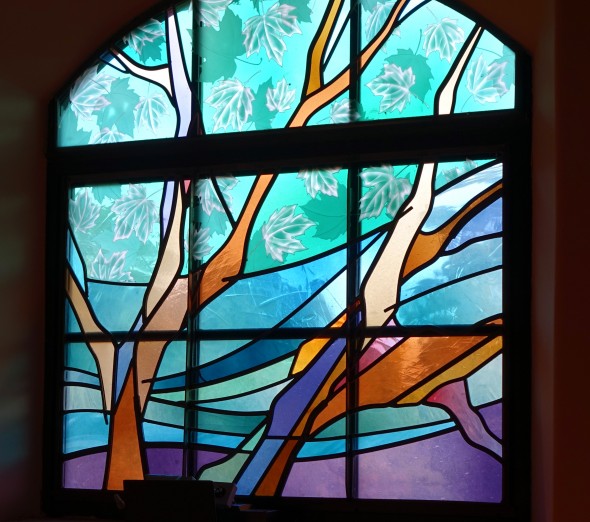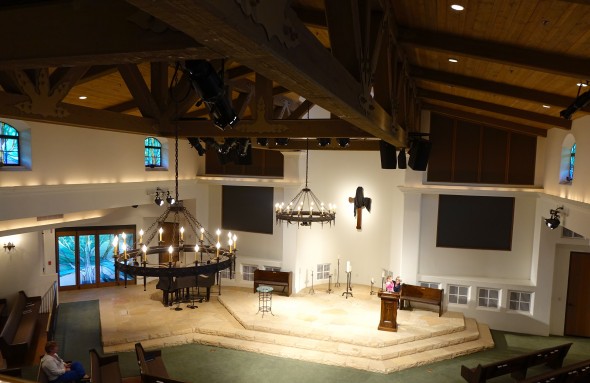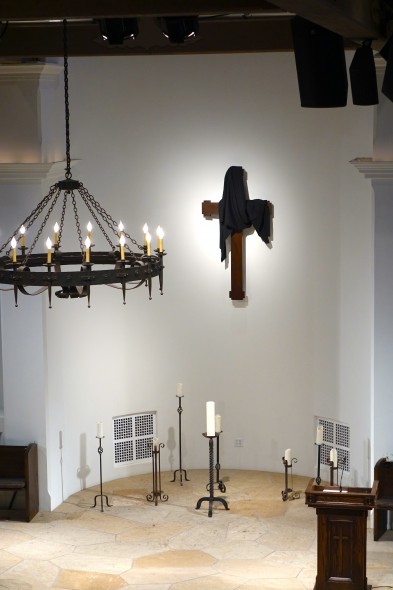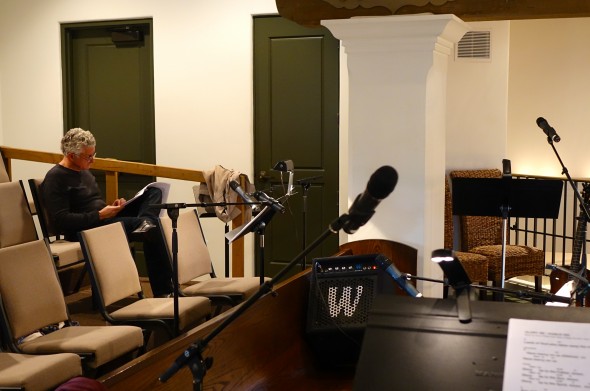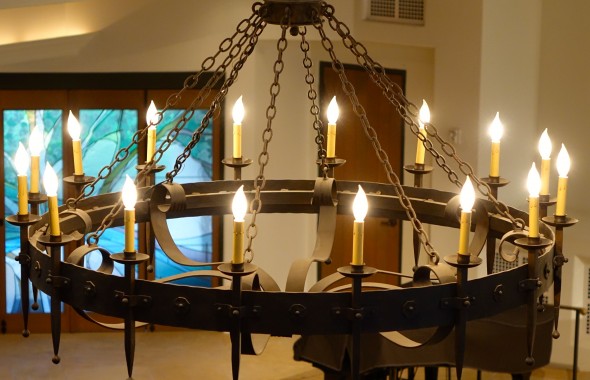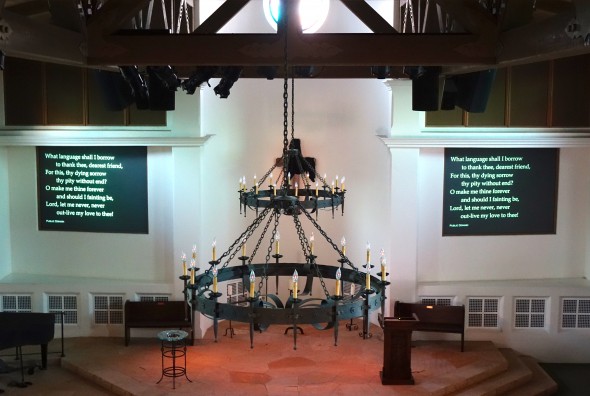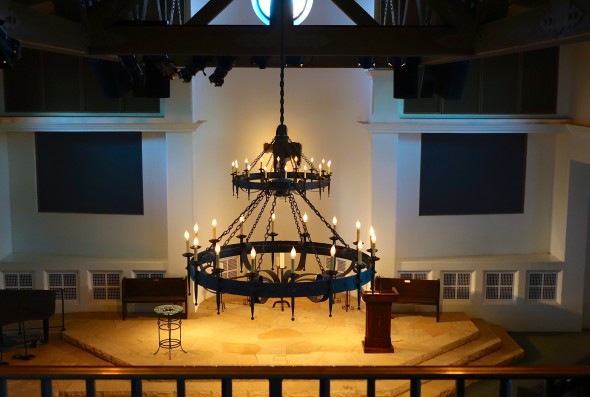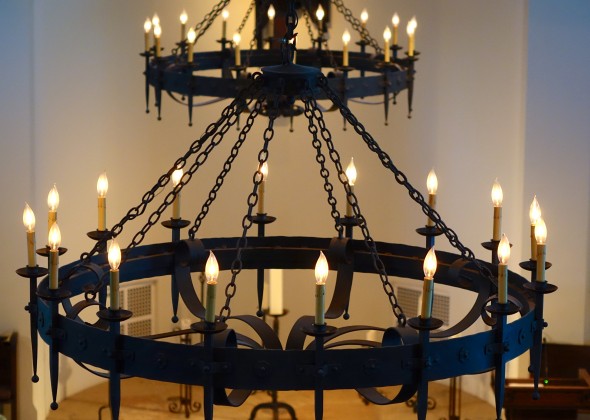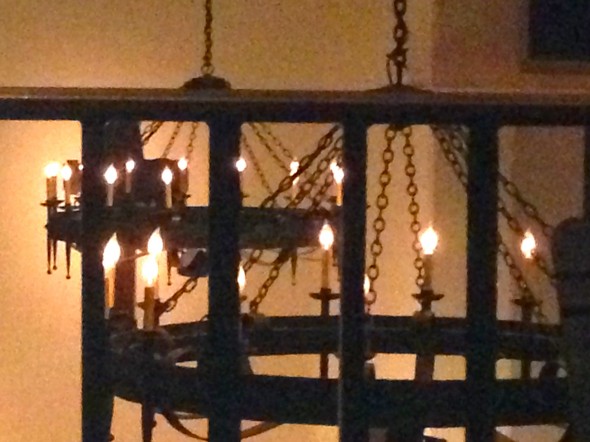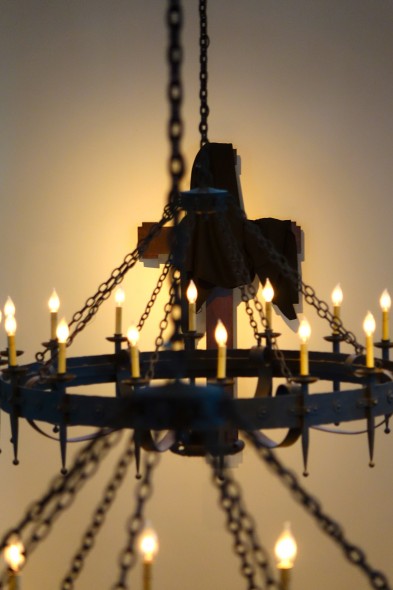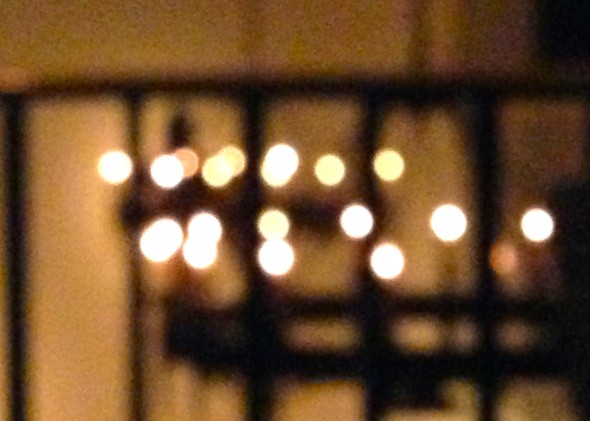We were looking at Mary this morning in worship. A POWERFUL sermon by Pastor Jon Lemmond, and I was asked to lead in community prayer. I am out of practice, that is for sure! But I’m grateful for the opportunity to think through the text and then pray in light of it.
A Prayer for Advent 4 — 2014
written by Diana R.G. Trautwein
for worship at Montecito Covenant Church
December 21, 2014, 10:00 a.m.
We’re almost there, Lord.
Almost.
We’ve walked through this season of waiting,
this season of songs in a minor key,
and we’re grateful for it.
This year, more than many, feels heavy,
confusing, and terribly sad.
The world around us is rife with tension,
with pain and loss and too many people living with heartache and fear.
And some of those suffering are friends inside this circle,
sisters and brothers of our community.
Some of that heartache and fear are even inside of us.
So these four weeks that we set aside
to wait, to look for your coming,
to remember the story that centers us —
these four weeks are a gift
in the midst of all that is not right,
all that still needs the redeeming work
of a Savior.
But now the end of Advent is in sight,
just a few more days until Christmas
and oh! — we want to be ready this time.
We want to be ready
for that tiny baby,
for that holy family,
for those shepherds and wise men,
for those heavenly singers,
the ones that lit up the night sky
with a song of good news!
So on this day, Lord,
on this fourth Sunday in Advent,
as we wait here together,
in this space that is so lovely,
with these people whom we care about,
will you help us to look for that angelic light?
And to look for it with hope,
and with expectation,
and most of all, with grateful hearts.
Yes, Lord — in the midst of the busyness,
the gift-wrapping and the baking,
the family gatherings and the carol-singing,
in the midst of our own personal struggles and worries,
will you help us to
hang onto hope?
To grab hold of gratitude?
We confess that sometimes we forget.
We forget to say ‘thank you,’
to slow down,
to look up,
to look around
and tell you and one another
that we are grateful.
We are so very grateful for this story of ours.
We are thankful for its life-changing power,
and we are thankful for its grittiness.
For ours is a story that fairly reeks of
real life — life as we know it,
life as we live it,
and as we see it in the world around us:
families living under oppression,
poverty,
homelessness,
the murder of innocent children,
an unexpected, even scandalous pregnancy.
And this is the story that you — our Great God,
Creator of the Universe —
this is the story that you
deliberately chose
to step right into.
You chose to experience this life,
this human life here on planet earth,
in all its crazy mixed up-ness.
And you chose a girl like Mary,
and a man like Joseph to be the ones
who would help to tell the story,
to live the story.
So we thank you for these good people,
these good parents.
And we ask you to open our hearts,
settle our minds,
and learn what they have to teach us.
Today, we want to learn from Mother Mary,
from that wisp of a girl who
was braver than she knew,
that girl who was pleasing to you,
the one who lay on the straw
and pushed a King out into this world
on a dark and lonely night,
far from her home.
As we learn from her today,
help us to remember that Jesus learned from her, too.
She was his first teacher, after all,
the one who helped him to grow up,
the one who walked this earthly road with him, right to the end.
I think she has a lot to teach us.
Help us to be good learners today.
And help us to walk into Christmas with open hands and open hearts,
to follow Mary’s example,
and to let you be born in us,
again and again.
“Let it be unto us according to your word.”
Amen.
